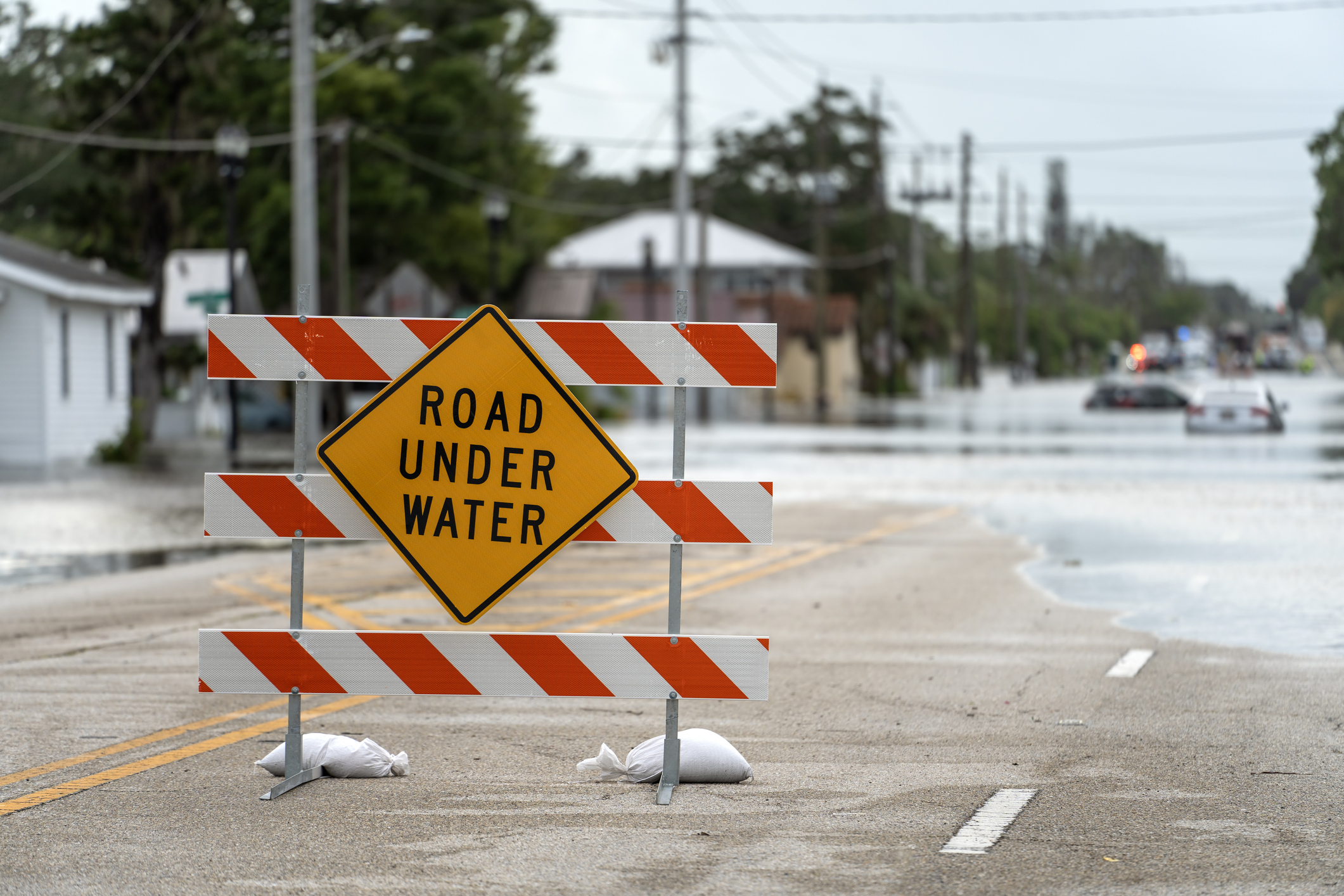Advocates for the environment should pass up this expensive and wasteful policy. It increases up cost while producing nearly no reduction in emissions.
Will this drive up prices?
 Yes, research and examples of implementation elsewhere indicate that once fully enacted, it would drive up the cost of gas by nearly 36 cents per gallon - and that doesn't even include the additional carbon tax imposed by the legislature. In fact, even proponents of the LCFS say the costs will go up: it's a feature, not a bug. Budget agencies in multiple states agree, as well as the Department of Ecology. If you don't want to rely on research and projections, all you have to do is look at the example of California to see the overwhelming amount of evidence that the LCFS will inflate costs across the board.
Yes, research and examples of implementation elsewhere indicate that once fully enacted, it would drive up the cost of gas by nearly 36 cents per gallon - and that doesn't even include the additional carbon tax imposed by the legislature. In fact, even proponents of the LCFS say the costs will go up: it's a feature, not a bug. Budget agencies in multiple states agree, as well as the Department of Ecology. If you don't want to rely on research and projections, all you have to do is look at the example of California to see the overwhelming amount of evidence that the LCFS will inflate costs across the board.
Does the increased cost produce results?
 Actually, not really. Reports have shown that Oregon and California's similar policies increase spending, with only 7% of the cost going toward any reductions. There seems to be no difference with the policy adopted by Washington. In fact, many of the ways it seeks to help the environment is redundant, causing waste because of similar, existing policies.
Actually, not really. Reports have shown that Oregon and California's similar policies increase spending, with only 7% of the cost going toward any reductions. There seems to be no difference with the policy adopted by Washington. In fact, many of the ways it seeks to help the environment is redundant, causing waste because of similar, existing policies.
Who does this benefit?
 Unfortunately, these policies really tend to benefit the already rich while leaving lower income people no better. Many of these projects are more about making politicians look good rather than actually reducing air pollution. If people care about helping reduce actual environmental harm, there are better policy options available. Better yet, there are actions individuals can take thanks to technology to help the environment without waiting for politicians to try to solve the problems.
Unfortunately, these policies really tend to benefit the already rich while leaving lower income people no better. Many of these projects are more about making politicians look good rather than actually reducing air pollution. If people care about helping reduce actual environmental harm, there are better policy options available. Better yet, there are actions individuals can take thanks to technology to help the environment without waiting for politicians to try to solve the problems.




